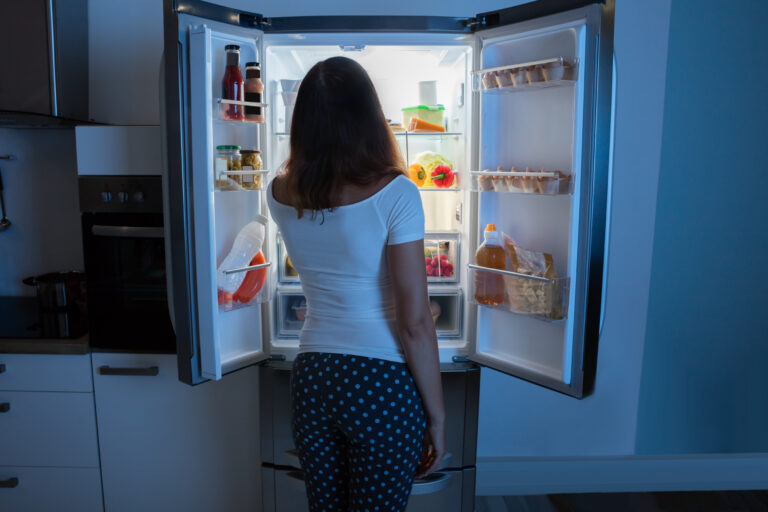By: Kristin Canan
Watching a loved one in pain is never easy. Seeing them attempt to cope with their pain by using behaviors that could cause more harm exacerbates the drive to help them feel better. Supporting someone who is experiencing an internal battle can elicit feelings of helplessness for many people, so let’s identify some practical ways to show support to the people we love, particularly those who struggle with an eating disorder.
- Listen. Over and over and over and over and over. Sometimes, the most powerful thing we can do to support someone we love is to show them that they are not alone. We do not have to have solutions for their concerns. Sometimes knowing that they are not alone in navigating the challenges makes their struggles seem a little less scary. Listen for understanding. The more you are able to understand what their experience is like, the more you will be able to provide support that is helpful for your loved one.
- Ask, don’t assume. Ask what would be most helpful for your loved one. Sometimes they may not know, and sometimes their eating disorder may manipulate their response. But asking shows that you care, and your care is significant in their recovery.
- Learn. Educate yourself on eating disorders and other concerns your loved one may be experiencing. Make sure to use credible sources and have conversations with professionals. See a list of resources here or reach out to our staff at Magnolia Creek to ask questions. Don’t focus solely on the statistics or behaviors; ask about how it feels to have an eating disorder. Feelings will vary from person to person, so make sure you ask your loved one as well.
- Reach out for additional support for your loved one. The development and maintenance of eating disorders are complex and require additional support to identify and work through the contributing factors that fostered the development of the eating disorder. No one should have to try to navigate this alone. Allow a trained professional to help. Recovery is possible with the right support and skill development.
- Collaborate with your loved one’s treatment team. The more healthy supports your loved one has in their corner, the higher the chance of sustained recovery. That means you can rely on their treatment team for guidance. Your loved one and their treatment team will spend a lot of time together identifying triggers, developing a meal plan that is going to work for them, working on communication of needs, processing through contributing factors to the existence of their eating disorder, and developing skills to assist them with emotion regulation. Your role is to support the work that is already happening.
- Reach out for additional support for yourself. To be able to support anyone else, you need to make sure you have support as well. We know these experiences aren’t easy for loved ones either; reach out to ensure you have a support system. Like the airplane mask analogy, you need to put your oxygen mask first by taking care of yourself before you care for the people around you. Your needs are important too.
For further support or if you have additional questions, the team at Magnolia Creek is here to support you. Please reach out to our team by phone by calling 205-409-4220 or by completing our contact form. No one should ever have to navigate this alone.




